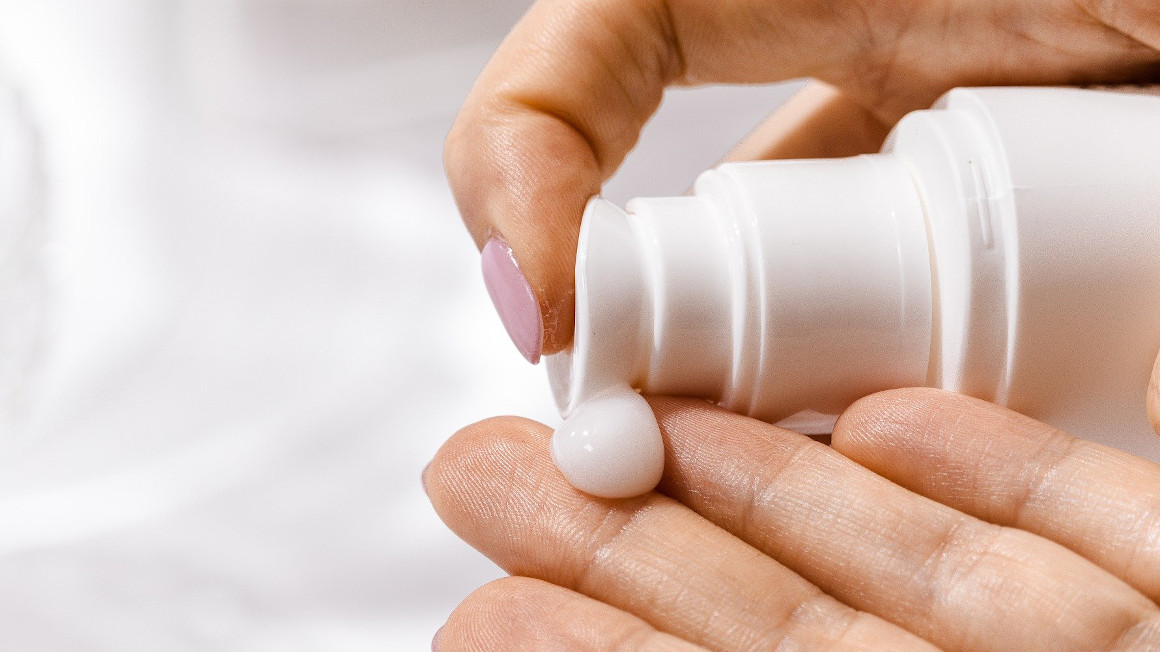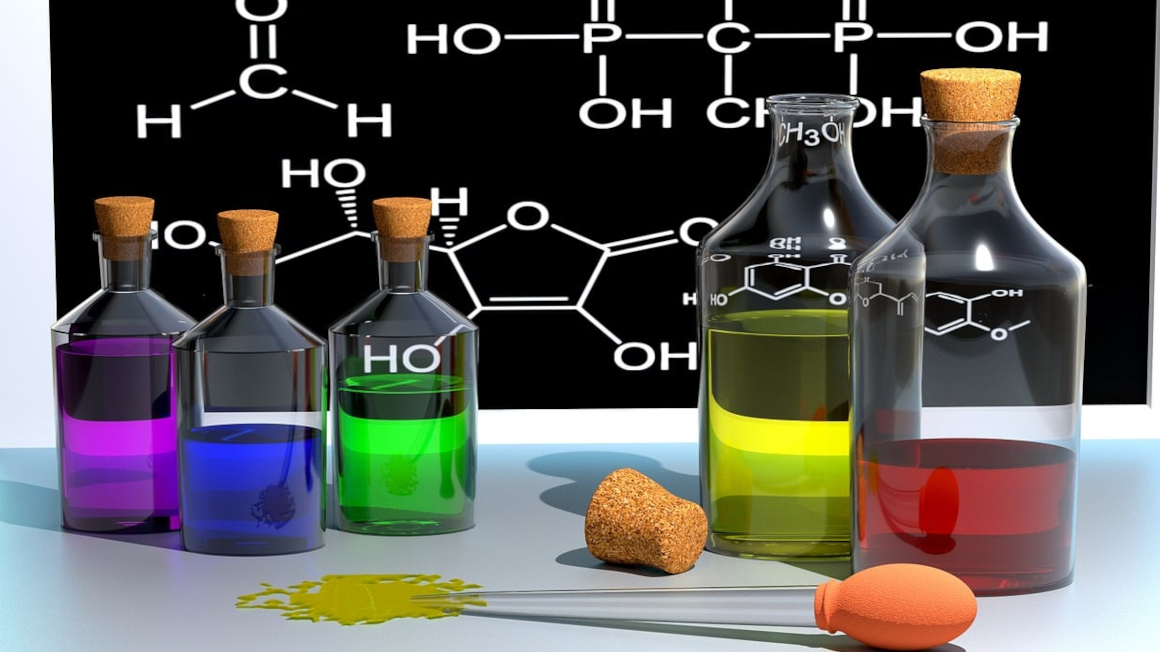BASF: New biosurfactant for natural cosmetics
BASF's Care Chemicals is expanding its portfolio of sustainable cosmetic products with a bio-based surfactant made from soy protein.

Natural cosmetics are in vogue. According to the German Federal Statistical Office, sales in Germany have risen steadily since 2007, roughly doubling to around 1.46 billion euros by 2020. The trend toward sustainability is driving companies to expand their portfolio of sustainable products - and so is BASF. The relevant division of the Ludwigshafen-based chemical group has added a biosurfactant to its product range, as the company announced in a press release at the end of March.
Protein derivative from soybeans and coconut oil
Plantapon Soy is the name of the newly developed biobased anionic surfactant that is derived from soy protein and, according to BASF, serves many sustainability aspects. For example, the protein derivative is sourced from non-GMO soybeans grown in Europe and from coconut oil, making it suitable for vegan products, for formulations according to natural cosmetics standards and for obtaining the "cruelty free" - i.e. developed without animal testing - label, the press release states.
Transparency and sustainability
"Environmentally conscious consumers want to know what ingredients are in their cosmetic products, where they come from and how they may impact the environment. With Plantapon Soy, we help meet consumer expectations with the highest level of transparency and many important sustainability criteria," says Karine Kross Maita, Senior Marketing Manager Hair, Body and Oral Care at BASF Personal Care Europe.
Suitable for many care products
In eye irritation and patch tests, the new biosurfactant has proven to be very mild overall, making it suitable for various care products. The spectrum of applications ranges from shampoo and shower gel to liquid soap, baby wash and bath products. But that's not all: "The product offers an excellent alternative to conventional anionic surfactants," says Karine Kross Maita. Anionic surfactants are used primarily in laundry detergents, dishwashing detergents and household cleaners because of their high washing power. In addition, the biosurfactant made from soy protein and coconut oil could also replace surfactants containing sulfate or ethylene oxide.
bb


